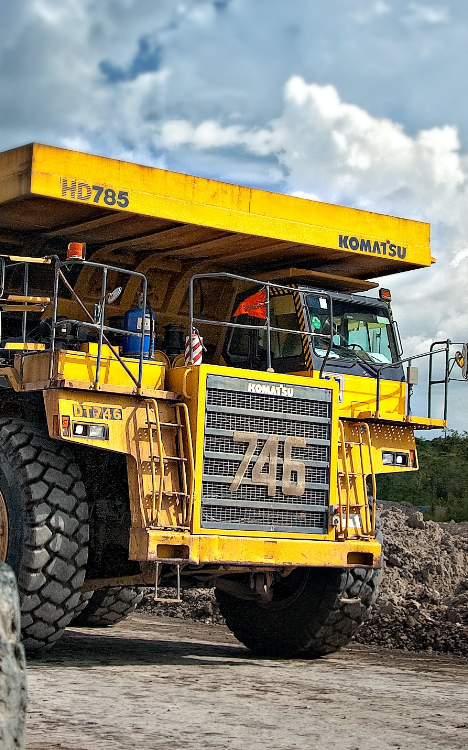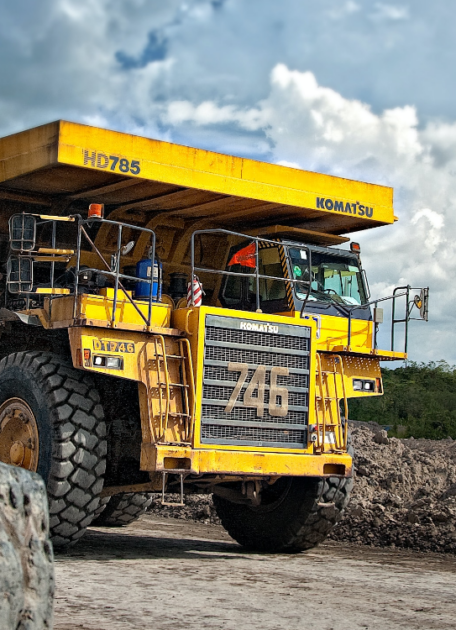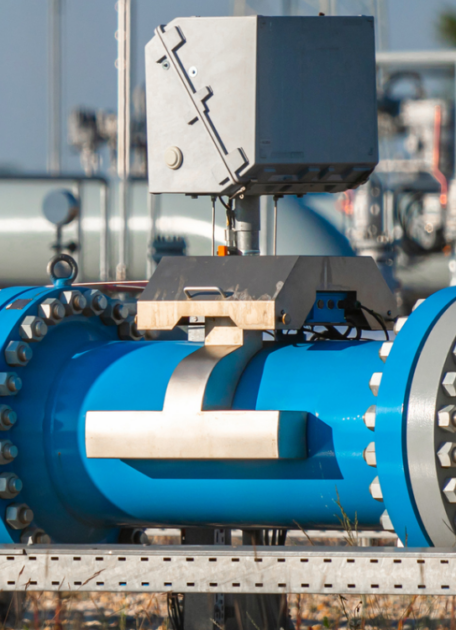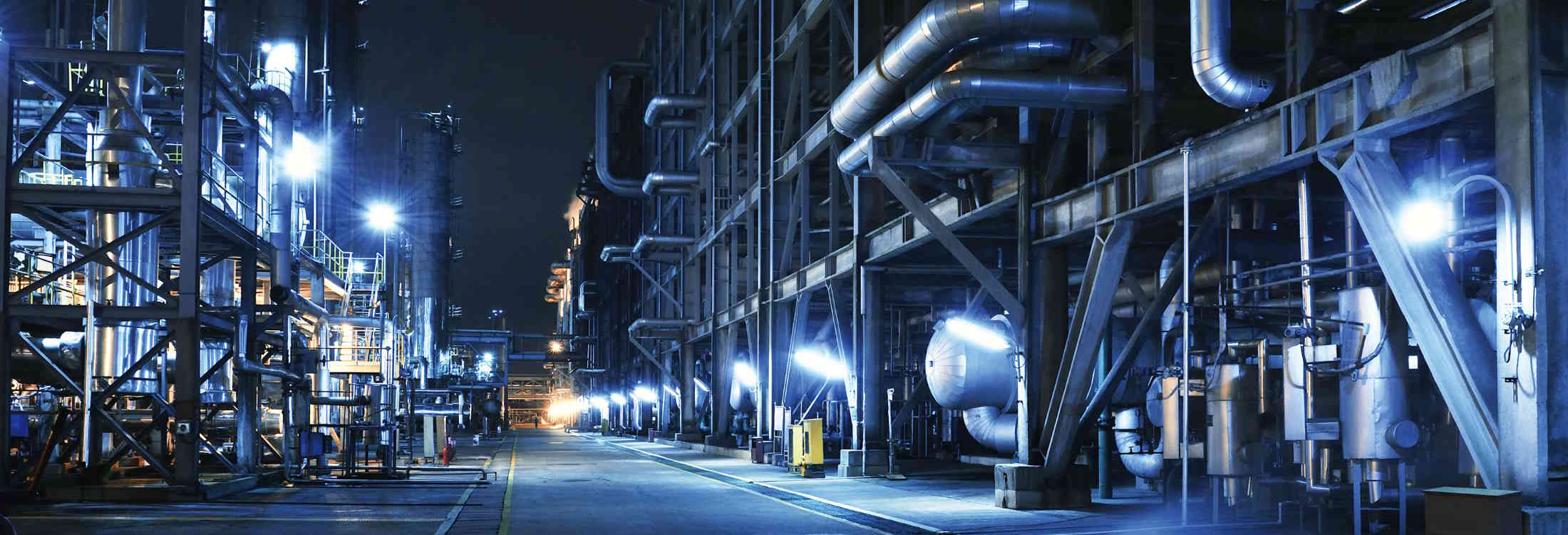Reliable access to critical raw materials is crucial if the energy transition in Europe is to succeed. To achieve this goal, the European Union has launched a comprehensive package of legislation to ensure that companies succeed in the transformation to a climate-neutral economy.
Increasing export restrictions on critical raw materials
Around 30 different raw materials that are considered strategically relevant are on the EU’s list of Critical Raw Materials. , As the OECD found in a report, export restrictions already apply to many of them and since 2009, the number of restrictions has increased fivefold. Overall, trade barriers apply to around ten percent of all critical raw materials traded worldwide.
In addition to a lot of paperwork, this means that companies that buy critical raw materials or raw material-containing precursors can see their sources dry up abruptly – at the very moment when political decisions are made against free trade in the goods they need. Companies should therefore establish where their raw materials come from.
Europe is massively dependent on imports for most of the materials needed for the transformation to carbon neutrality. One of the most important trading partners is China. After realizing its one-sided dependence on Russian natural gas, European policymakers want to reduce such risks in the future and have passed the Critical Raw Materials Act to this end.
No waiting for domestic mining products
The law is necessary for the transition to climate neutrality. The European Union needs a basic supply of critical raw materials, and there is a mining tradition in most EU countries on which politics and business can build.
However, companies that need to initiate the energy transition today cannot wait for European mining and refining production to be established. Instead, they should analyze and diversify their own supply chains. Although Europe heavily imports critical raw materials from China, it is important to recognize that these resources exist in other regions of the world as well. Relying solely on the most convenient and cheapest solutions may no longer be the wisest approach.
Our experts will be happy to advise you on how to optimize the procurement of raw materials or intermediate products containing raw materials.
Get to know our experts
Our raw materials insights



